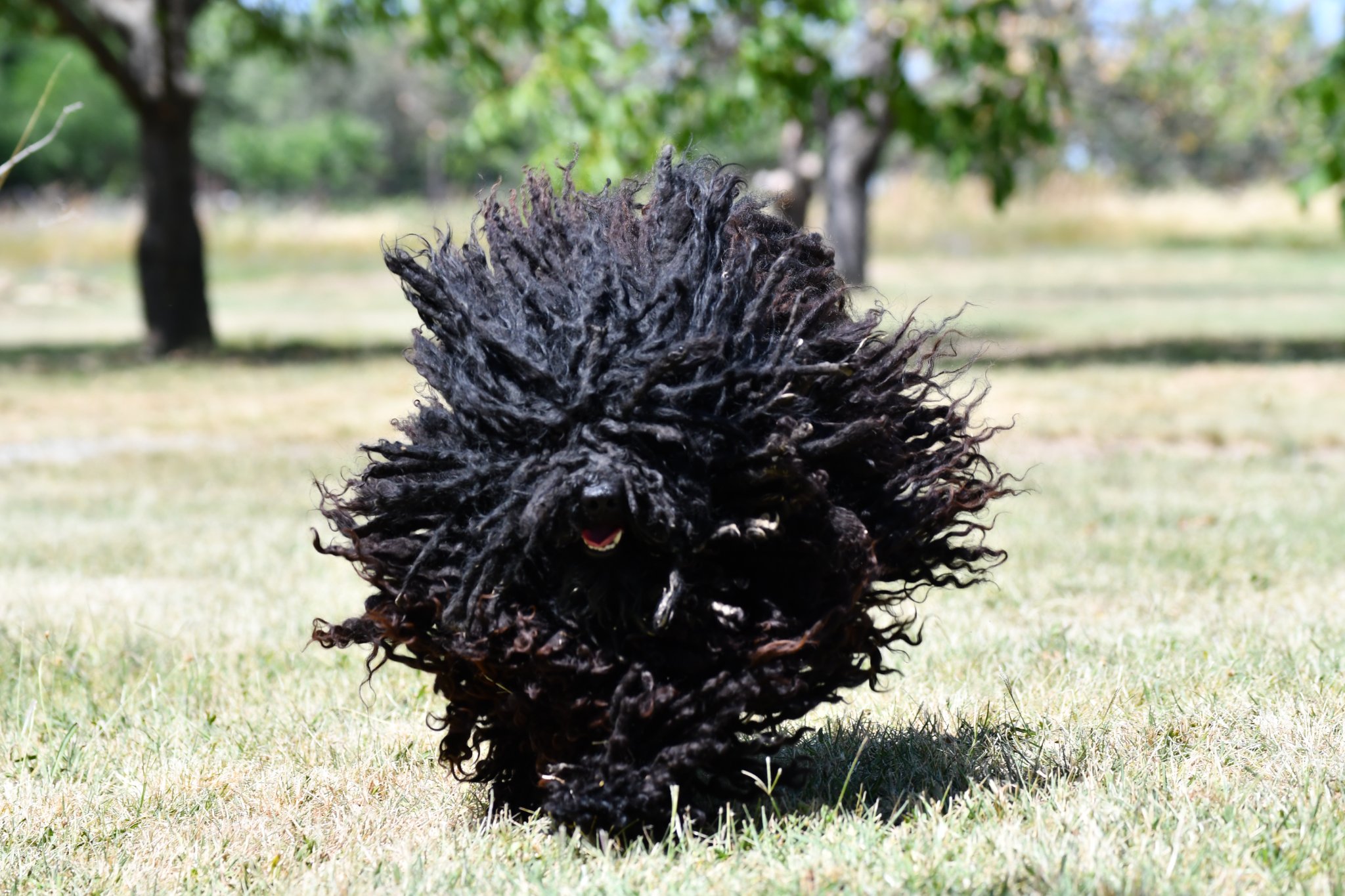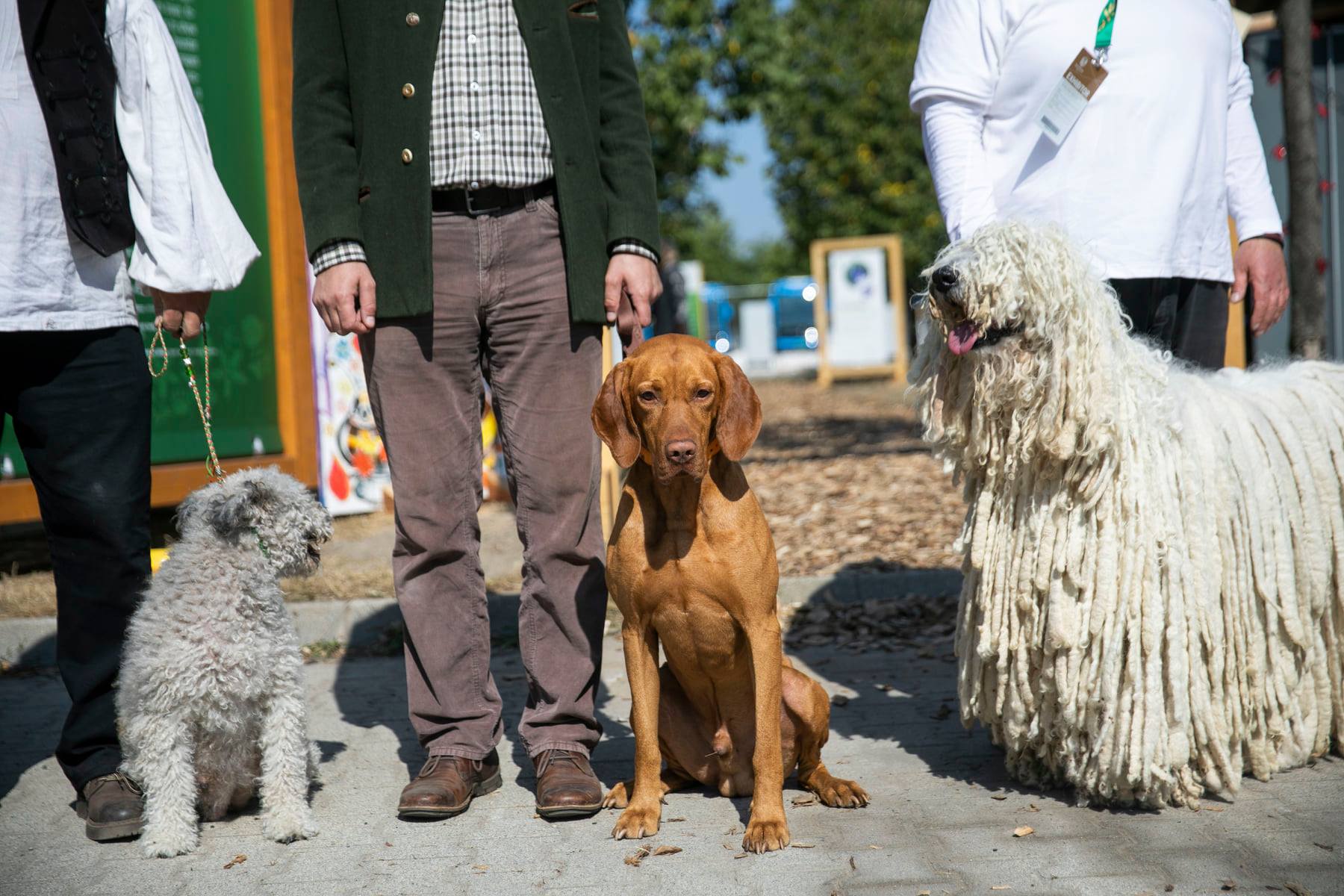
The University of Veterinary Medicine and HUKOSZ - Association of Hungarian Dog Breeds cooperate to ensure the survival of Hungarian dog breeds.Continue reading

The preservation of the genetic resources of indigenous plant and animal breeds and the maintenance of genetic resources is a priority task of the state, the Minister of Agriculture said at a press conference in Budapest on Monday, presenting the results of genetic testing of Hungarian dog breeds.
In addition to environmental considerations, national security reasons also justify the protection of traditional Hungarian breeds, as it strengthens the independence of agriculture if it is less dependent on foreign breeding material, István Nagy explained.
The Carpathian Basin is one of Europe’s oldest agricultural regions, the diversity of its crops and livestock is of outstanding value, and Hungary has important gene conservation tasks to perform at a global level,”
he pointed out.
István Nagy stressed that the most endangered species have since been strengthened with the effective cooperation of state institutions, and in 2018, the government adopted a five-year gene conservation strategy, providing more than 12 billion forints for the development of gene conservation institutions and the increase of herds to be protected. The gene bank network, which will be created with state support, will also help to strengthen traditional breeds in the event of natural disasters or disease, he added.
Dogs do not belong to the category of livestock, but they cannot be left out of the gene conservation strategy, as they have been part of the local landscape and way of life since ancient times, and have played a major role in helping the Hungarian people to make the Carpathian Basin their home, the minister stressed.
The ecological richness of the Carpathian Basin also contributes to Hungary’s cultural and material well-being,”
which is why the Ministry of Agriculture has taken the initiative to promote Hungarian dog breeds and map their genetic background so that they can continue to be preserved for the benefit and pleasure of posterity, the minister maintained.
In his speech, Gábor Korózs, President of the Hungarian Kennel Club, emphasized that the genome of Hungarian dog breeds is healthy, and none are affected by genetic diseases.
Featured photo via Facebook/Hungarian Kennel Club – MEOE Szövetség